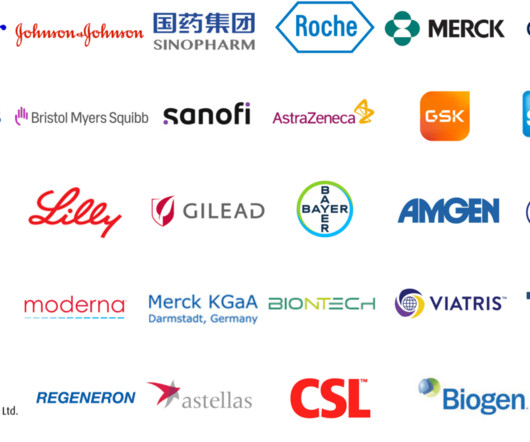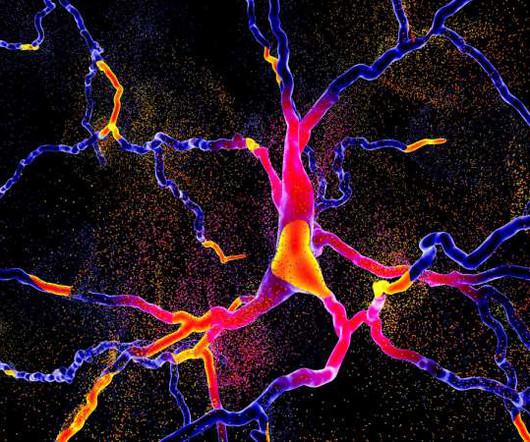AI-designed protein awakens silenced genes, one by one
The Pharma Data
MARCH 7, 2022
By combining CRISPR technology with a protein designed with artificial intelligence (AI), it is possible to awaken individual dormant genes by disabling the chemical “off switches” that silence them. The chemical modifications that regulate gene activity are called epigenetic markers. it can be reawakened.
















Let's personalize your content